When?
June 16th, 2023
10:00 AM – 5:00 PM (CET)
Where?
Virtually
- Participants: Representatives from 5 Standardization Bodies (ISO, ENISA, NIST, CEN CENELEC, and ETSI) and 6 cybersecurity and supply chain security projects (BIECO, MEDINA, SIFIS HOME, SANCUS, ASSURED, and IOTAC)
- Main Outcome: Presentation of International Standards on Cybersecurity and Supply Chain Security

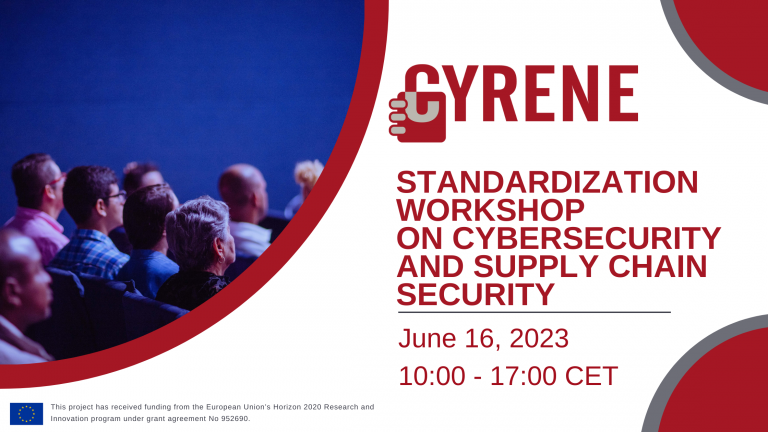

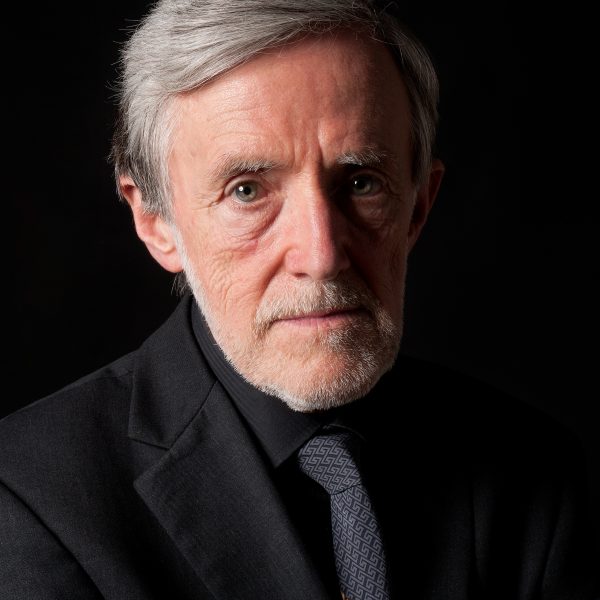

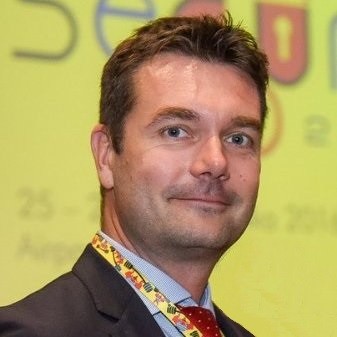
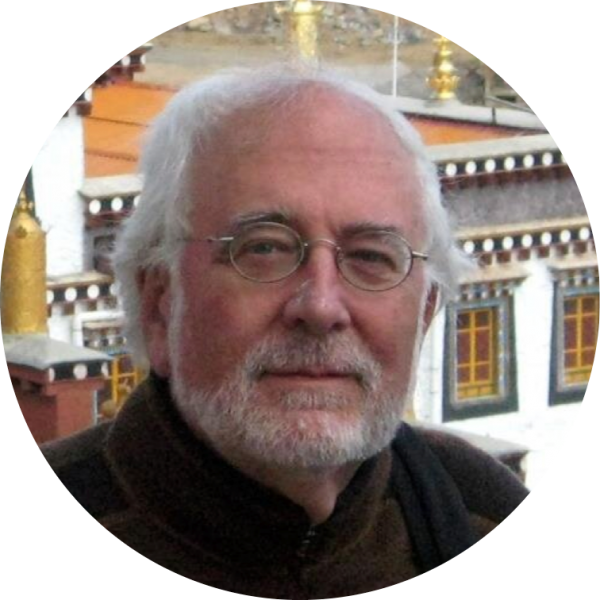


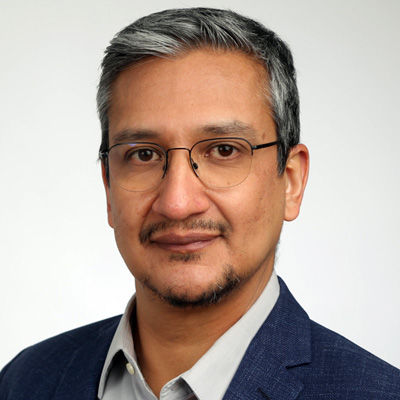
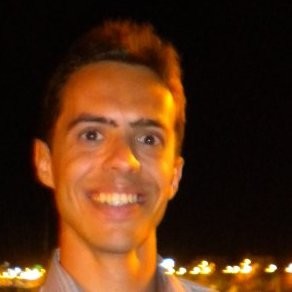
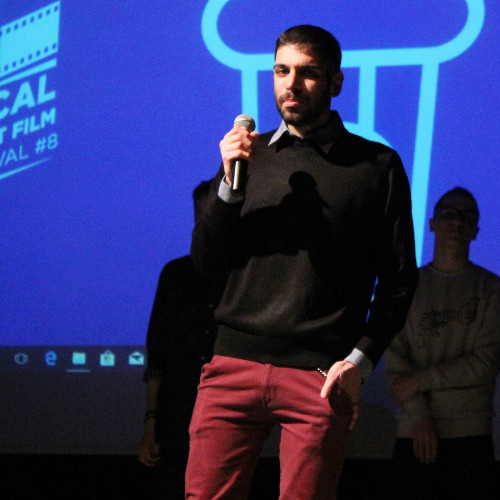



 This project has received funding from the European Union’s Horizon 2020 Research and Innovation program under grant agreement No 952690. The website reflects only the view of the author(s) and the Commission is not responsible for any use that may be made of the information it contains.
This project has received funding from the European Union’s Horizon 2020 Research and Innovation program under grant agreement No 952690. The website reflects only the view of the author(s) and the Commission is not responsible for any use that may be made of the information it contains.